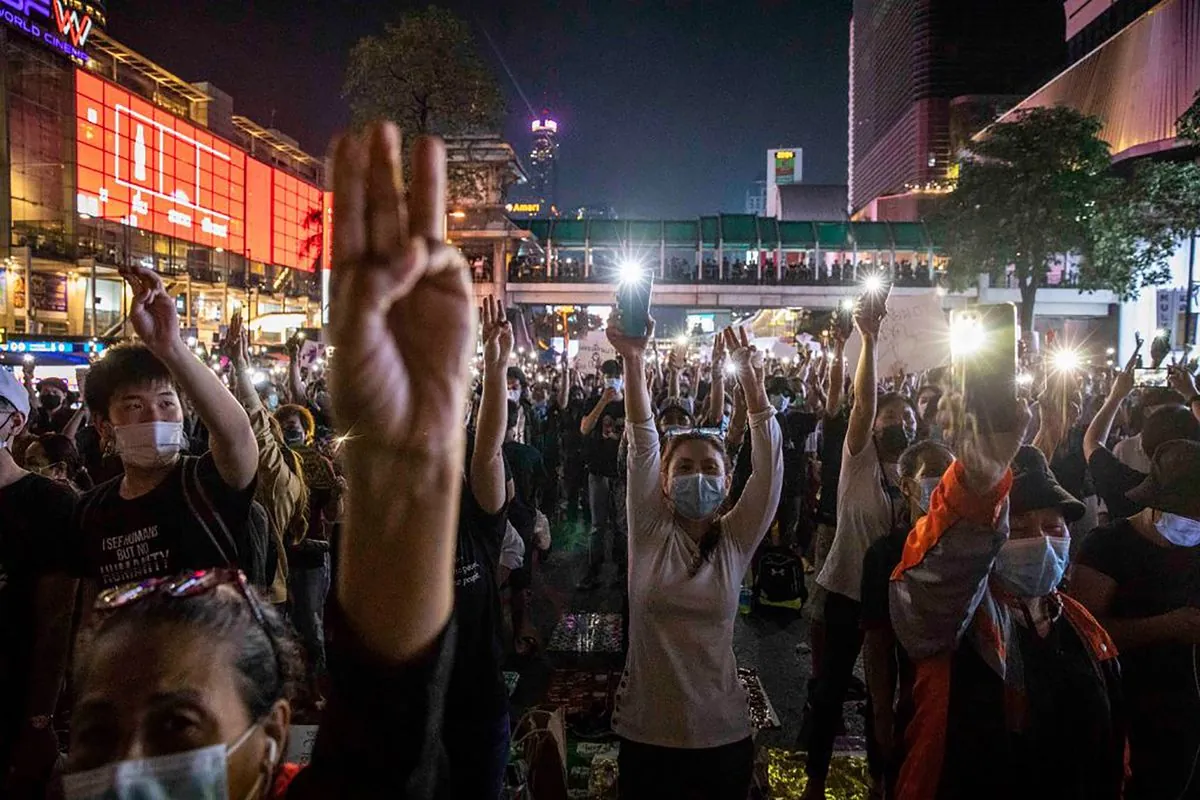In a significant political development, Natthaphong Ruengpanyawut, a 37-year-old former tech executive, has been appointed to lead Thailand's newly formed People's Party. This political entity emerges as the successor to the recently disbanded Move Forward party, which was dissolved by the Constitutional Court on August 7, 2024.
The dissolution of Move Forward, which had secured the most seats in the previous election, was prompted by its controversial plan to amend Thailand's strict lese-majeste law. This law, known as Article 112, is one of the world's most stringent, carrying a maximum penalty of 15 years imprisonment for perceived insults to the royal family.
Natthaphong stated, "We will carry on Move Forward's ideology. The mission for me and the party is to create a government for change in 2027." This declaration underscores the new party's commitment to continuing the progressive agenda that garnered substantial support from young and urban voters.
The People's Party, now the largest in parliament with 143 members, faces significant challenges in Thailand's complex political landscape. The country, which transitioned from an absolute to a constitutional monarchy in 1932, has experienced multiple military coups and adopted 20 constitutions since then. This turbulent history reflects the ongoing struggle between conservative, royalist forces and progressive, popularly elected parties.
Despite the court's January 2024 ruling ordering Move Forward to abandon its campaign to amend Article 112, Natthaphong indicated that the new party would cautiously persist in its efforts to reform the law. He emphasized, "We have said we propose to amend article 112 to ensure that this law is not a political tool used to abuse others, but we won't be careless."
The choice of the name "People's Party" carries historical significance, echoing the Khana Ratsadon that led the 1932 Siamese revolution, ending absolute monarchy in Thailand. This connection to a pivotal moment in Thai history may resonate with the party's progressive base.
Thailand's political system, officially a constitutional monarchy, operates within a complex web of influences. The military wields significant power in both politics and business, while the monarchy is revered as sacred in Thai culture. This intricate balance of power has contributed to the country's political volatility.
As the People's Party embarks on its political journey, it faces the challenge of navigating Thailand's deeply entrenched power structures while pursuing its reform agenda. The party's success will depend on its ability to maintain popular support while addressing sensitive issues such as royal reform and military influence.
With Thailand's population of approximately 70 million, including over 10 million in the bustling capital of Bangkok, the People's Party's progressive platform has the potential to reshape the nation's political landscape. As the country looks towards the future, the party's ability to balance its reformist goals with the realities of Thai politics will be crucial in determining its impact on this Southeast Asian nation that has never been colonized by a European power.
